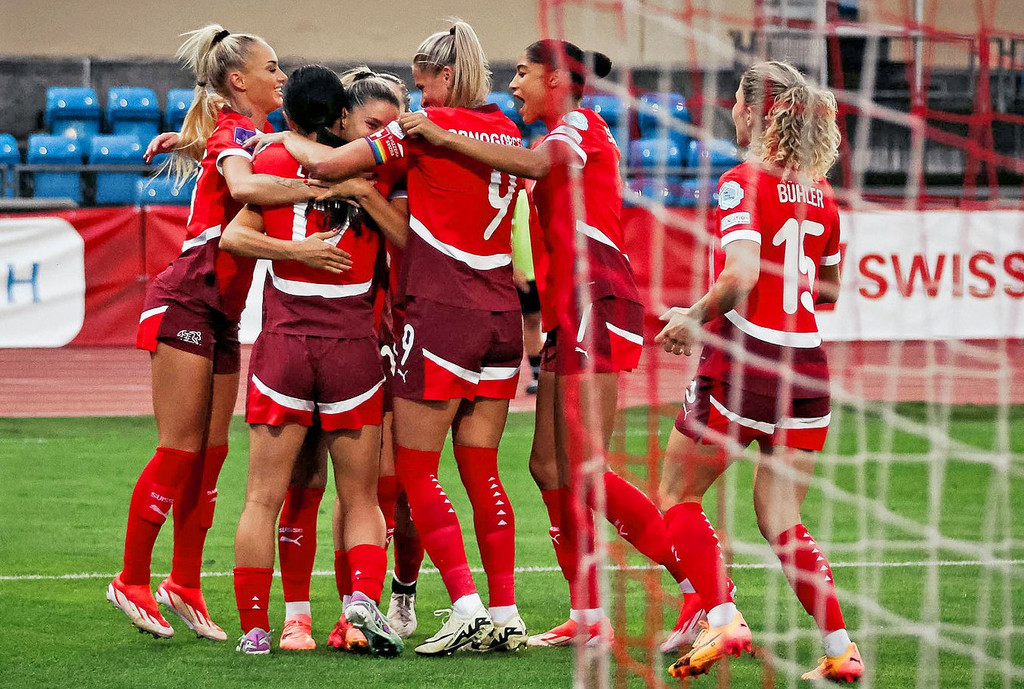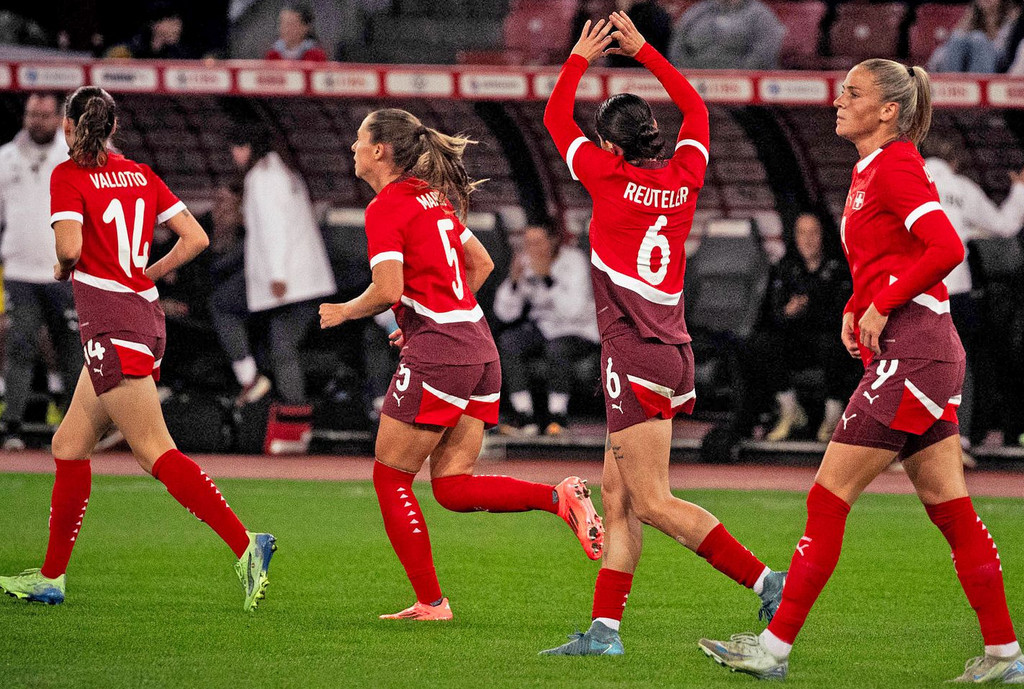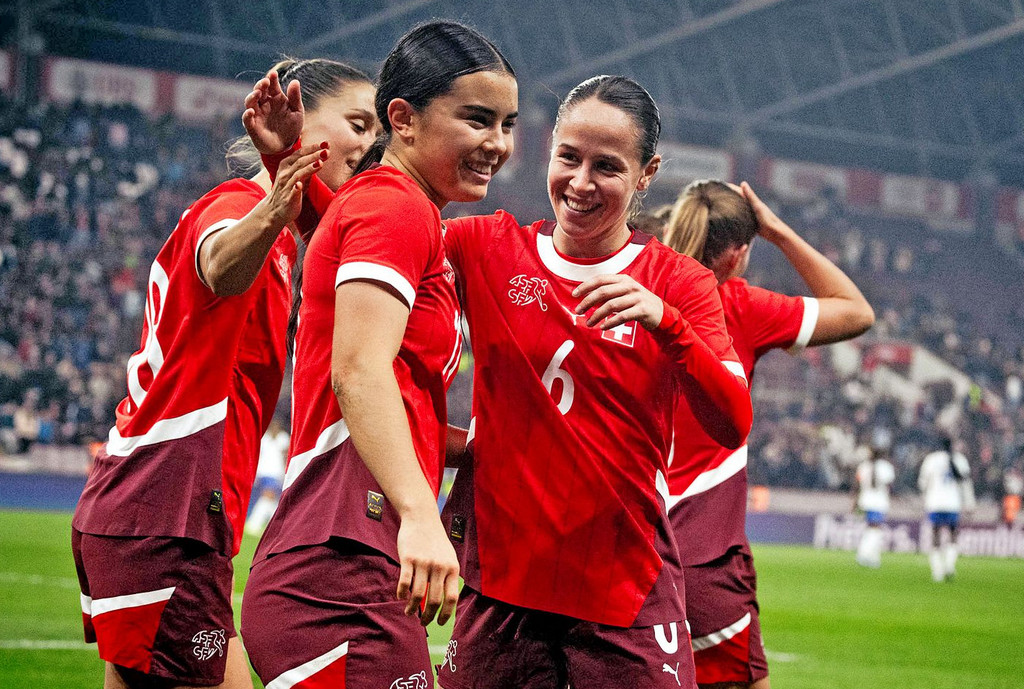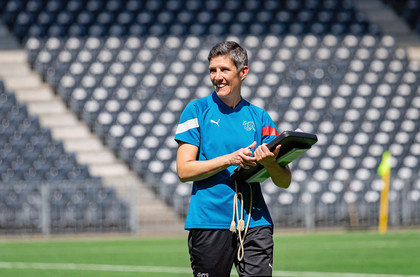A lot has happened since then – including at youth level. Schild has done her bit in recent years as head of football development at the Berne/Jura football association, Switzerland’s biggest regional association comprising some 190 amateur clubs. “To get more girls playing football, we need more girls-only football,” she says. Talented girls are often allowed to train with the boys; “This can carry on, by all means.” Yet more and more girls are choosing football as a team sport because they want to play with other girls. Girls-only leagues and tournaments are already established in the children’s age groups.
Schmid, who has extensive experience as a football administrator, is joining the top Berne club BSC Young Boys (YB) this spring to become head of women’s football operations. Switzerland’s professional clubs in men’s football have also seen the potential that the women’s game has to offer. This is after YB almost shut down its women’s team only ten years ago. The club is now investing 40 million Swiss francs in the construction of a youth and women’s football campus.
“We aim to have doubled the number of girls and women playing football from 40,000 to 80,000 by 2027.”
Marion Daube, director of women›s football at the SFA
Euro 2025 to act as a catalyst
The Swiss Football Association (SFA) has drawn up its own Euro 2025 legacy plan called “Here to Stay” in order to stimulate long-term and sustainable development in Swiss women’s football. Women currently account for 12 per cent of the 340,000 or so registered footballers around the country. “We aim to have doubled the number of girls and women playing football from 40,000 to 80,000 by 2027,” explains the director of women’s football at the SFA, Marion Daube, who has already noted a discernible uptick in interest since Switzerland was announced as host country of this summer’s prestigious event. According to Daube, experiences in other countries show that a tournament of this magnitude acts as a catalyst, taking a sport up to ten years forward in its development.
The SFA also wants to double the number of female coaches, referees and football administrators. This is contingent on additional money. The Federal Council originally wanted to provide Euro 2025 with only four million francs in funding – peanuts compared to the 80 million francs that it injected into the men’s 2008 European Championship, which was co-hosted by Switzerland and Austria. Following vociferous protests, parliament ended up increasing the subsidy to 15 million francs – a proportion of which will go into promoting Swiss women’s football. The host cantons and cities also pledged money. This will cover expenditure on training courses for female coaches, for example.
However, a major issue remains the lack of training facilities around the country. Limited infrastructure is a bane for many clubs, as more and more boys are also taking up football. Promoting girls’ football should not be about jumping ahead of boys in the queue, says Daube. “But we need to find ways of giving girls the same opportunities.” There is increasing awareness among everyone involved – clubs and administrators – “that things have to improve, not least with regard to training space.”
Daube hopes that the feel-good factor surrounding Euro 2025 will turbocharge the development of women’s football in Switzerland, even if she thinks that winning this year’s tournament will be a step too far for the national team. Reaching the quarter-finals is the first priority. “Playing on home soil will be an unbeatable experience for our players.”

![[Translate to English:]](/fileadmin/_processed_/3/5/csm_fussballer-cover_8abd862050.jpg)














Comments